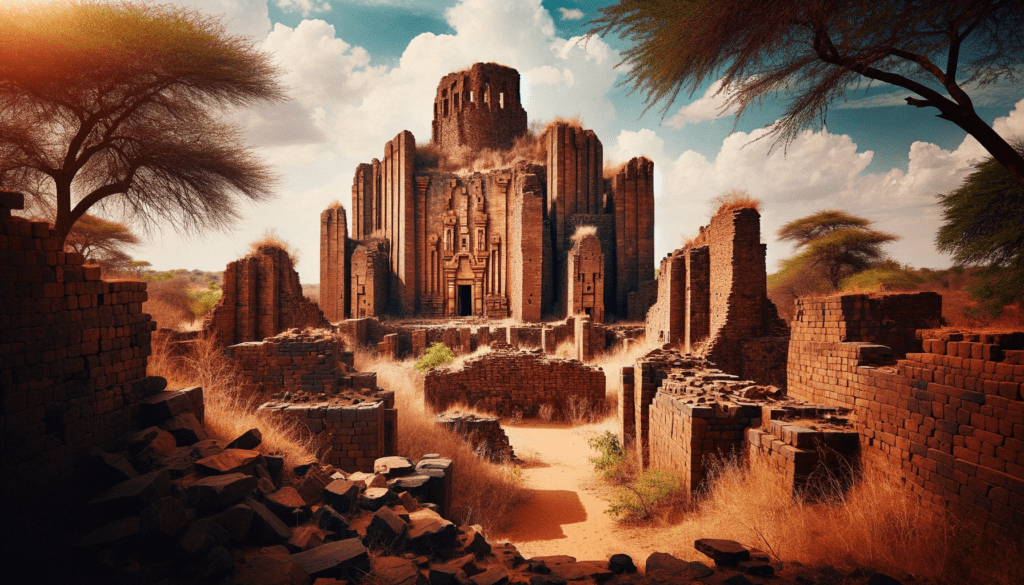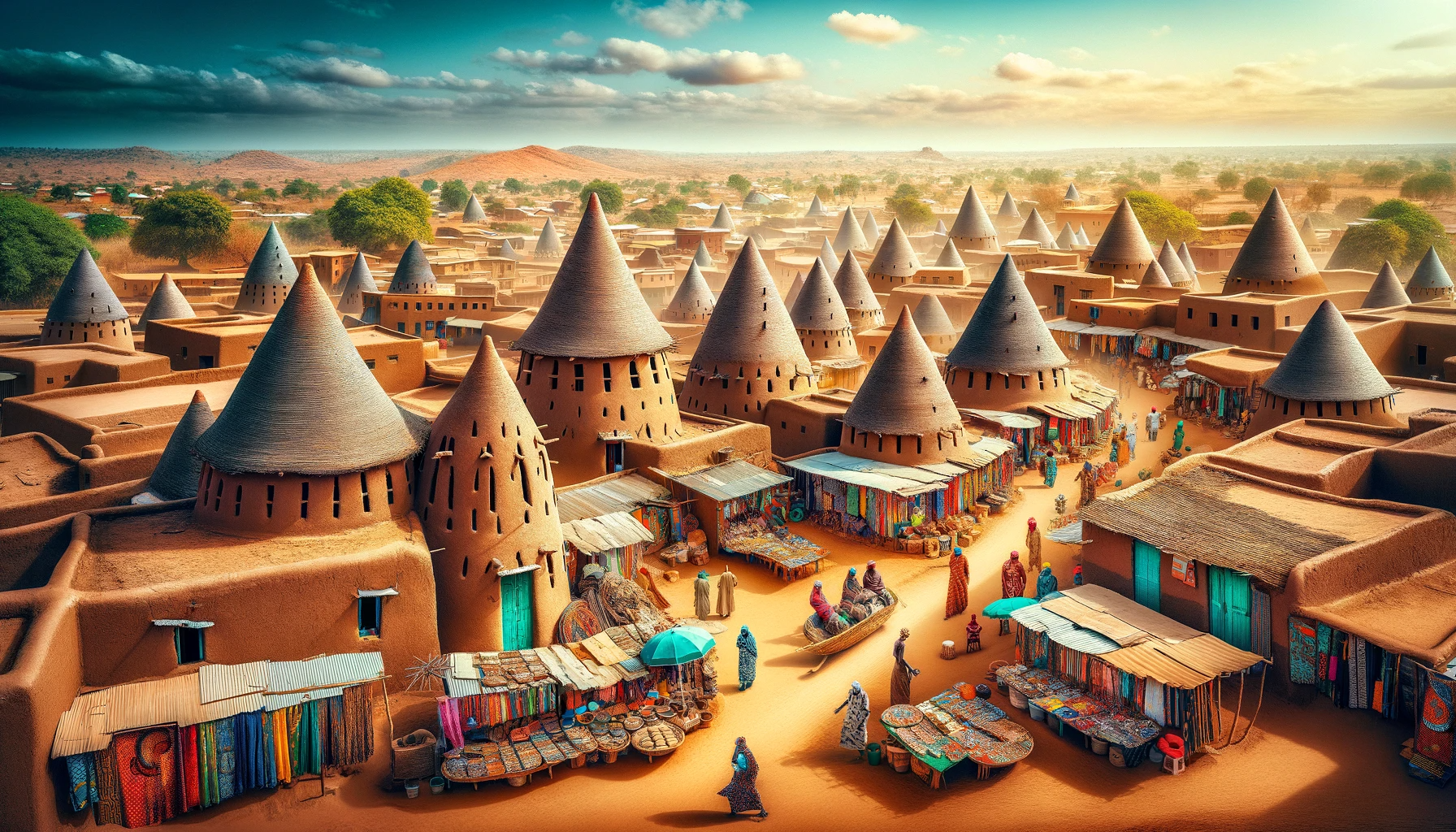Burkina Faso is a country rich in cultural diversity and history, with a resilient population navigating through various economic and developmental challenges. It continues to strive towards sustainable development and political stability in a complex regional context.
List of National and Public Holidays in Burkina Faso for the year 2025
- New Year’s Day is on 1st January 2025, Wednesday.
- Revolution Day is on 3rd January 2025, Friday.
- International Women’s Day is on 8th March 2025, Saturday.
- Korité is on 30th March 2025, Sunday.
- Korité Holiday is on 31st March 2025, Monday.
- Easter Monday is on 21st April 2025, Monday.
- Labour Day is on 1st May 2025, Thursday.
- Day of Customs and Traditions is on 15th May 2025, Thursday.
- Ascension Day is on 29th May 2025, Thursday.
- Tabaski is on 6th June 2025, Friday.
- Independence Day is on 5th August 2025, Tuesday.
- Assumption Day is on 15th August 2025, Friday.
- Prophet Muhammad’s Birthday is on 4th September 2025, Thursday.
- Martyrs’ Day is on 31st October 2025, Friday.
- All Saints’ Day is on 1st November 2025, Saturday.
- Proclamation of Independence Day is on 11th December 2025, Thursday.
- Christmas Day is on 25th December 2025, Thursday.
List of National and Public Holidays in Burkina Faso for the year 2024
- New Year’s Day: Monday, 1 January 2024
- Revolution Day: Wednesday, 3 January 2024
- International Women’s Day: Friday, 8 March 2024
- Easter Monday: Monday, 1 April 2024
- Korité (Eid al-Fitr): Wednesday, 10 April 2024
- Labour Day: Wednesday, 1 May 2024
- Ascension Day: Thursday, 9 May 2024
- Tabaski (Eid al-Adha): Sunday, 16 June 2024
- Tabaski Holiday: Monday, 17 June 2024
- Independence Day: Monday, 5 August 2024
- Assumption Day: Thursday, 15 August 2024
- Prophet Muhammad’s Birthday: Sunday, 15 September 2024
- Prophet Muhammad’s Birthday Holiday: Monday, 16 September 2024
- Martyrs’ Day: Thursday, 31 October 2024
- All Saints’ Day: Friday, 1 November 2024
- Proclamation of Independence Day: Wednesday, 11 December 2024
- Christmas Day: Wednesday, 25 December 2024

History
- Early Empires: The region now known as Burkina Faso was part of several ancient empires, including the Mossi Kingdoms, which were among the most powerful in West Africa.
- Colonial Era: Became part of French West Africa in the late 19th century, known then as Upper Volta.
- Independence: Gained independence from France in 1960. The post-independence period has seen several coups and political upheavals.
- Recent Developments: Contemporary Burkina Faso is working towards political stability and economic development amidst various challenges.
Geography
- Location: Landlocked in West Africa, bordered by Mali, Niger, Benin, Togo, Ghana, and Côte d’Ivoire.
- Terrain and Climate: Characterized by a savanna landscape, with a predominantly semi-arid climate.
- Natural Resources: Rich in natural resources, including gold, manganese, limestone, and marble.
Culture
- Ethnic Diversity: Home to over 60 ethnic groups, each with its own language and culture. The Mossi are the largest ethnic group.
- Traditions and Arts: Rich in traditional arts and crafts, including weaving, wood carving, and bronze casting. Known for its vibrant music and dance traditions.
- Cuisine: Features dishes like tô (a millet-based paste), fufu, and various stews often accompanied by sauces.
Economy
- Agricultural Base: The economy is largely based on agriculture, with cotton being the main cash crop. Subsistence farming remains predominant.
- Challenges: Economic challenges include vulnerability to climate change, political instability, and a need for infrastructure development.
- Growth Sectors: Efforts to diversify the economy are focusing on mining, particularly gold, and improving manufacturing capabilities.
Society
- Population: A young and rapidly growing population, with a mix of urban and rural communities.
- Languages: French is the official language, with indigenous languages such as Mooré, Dioula, and Fulfulde widely spoken.
- Education and Healthcare: Government initiatives are aimed at improving education and healthcare, though challenges in access and quality persist.
Environmental Issues
- Sustainability Challenges: Facing issues like deforestation, desertification, and water scarcity.
- Conservation Efforts: Implementing measures to protect natural resources and promote sustainable agricultural practices.
Government and Politics
- Governance: A republic with a multiparty political system. Recent years have seen efforts towards democratic consolidation.
- Regional Influence: Active in regional organizations such as the Economic Community of West African States (ECOWAS) and the African Union.

Tourism
- Cultural and Natural Attractions: Offers unique cultural experiences, including the Ruins of Loropéni (a UNESCO World Heritage Site), and natural attractions like W National Park.
- Festivals: Hosts several cultural festivals, showcasing traditional music, dance, and crafts.

